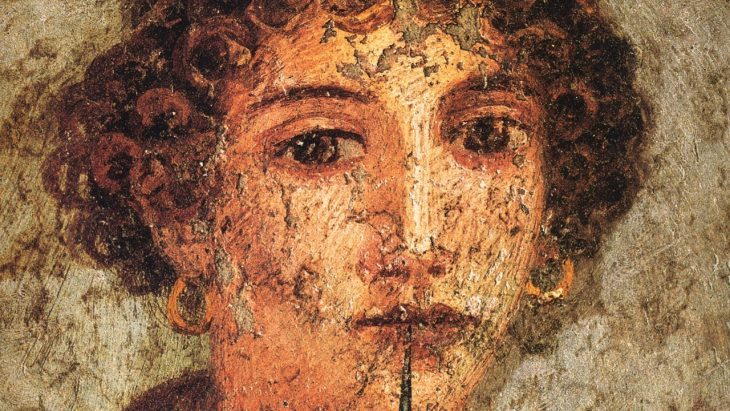It always seems to be the way that when attempts are made to promote the life of the mind, they end up being particularly dumb. An instance, today, comes with the publication of a clickbaity list of the ‘Top Twenty Books By Women That Changed The World’, a promotional stunt ahead of Academic Book Week next week. We’re all encouraged to pile on the hashtag #acbookswomen and cast our votes – though the website as far as I can see doesn’t contain a mechanism to vote and the visitor has to guess at the books on the shortlist by squinting at a series of thumbnails of the covers.
Anyway I got a press release so I have a head start. The list, drawn up by a vaguely referenced group of ‘academics, booksellers, publishers and librarians’, is as follows:
A Vindication of the Rights of Women (1792) by Mary Wollstonecraft
Ain’t I A Woman? (1981) by Bell Hooks
Diary of a Young Girl (1947) by Anne Frank
Female Eunuch (1970) by Germaine Greer
Frankenstein (1823) by Mary Shelley
Gender Trouble (1990) by Judith Butler
Hite Report (1973) by Shere Hite
I am Malala (2013) by Malala Yousafzai
I Know Why the Caged Bird Sings (1969) by Maya Angelou
Immortal Life of Henrietta Lacks (2010) by Rebecca Skloot
Jane Eyre (1847) by Charlotte Bronte
No Logo (1999) by Naomi Klein
On Photography (1977) by Susan Sontag
Origins of Totalitarianism (1951) by Hannah Arendt
Room of One’s Own (1929) by Virginia Woolf
Second Sex (1949) by Simone de Beauvoir
Silent Spring (1962) by Rachel Carson
Unwomanly Face of War (1985) by Svetlana Alexievich
Why I’m No Longer Talking to White People about Race (2017) by Reni Eddo-Lodge
Women & Power: A Manifesto (2017) by Mary Beard
You’d think an organisation with ‘academic’ in the title would capitalize ‘bell hooks’ correctly, remember the articles in A Room of One’s Own and The Female Eunuch and The Second Sex, get the publication date of Frankenstein right and so on.
But on a less nitpicky note, can anyone with an ounce of intellectual seriousness argue that books published last year by Reni Eddo-Lodge and Mary Beard, be they never so brilliant, have already changed the world? (Not least because Mary’s book, as she candidly admits in her Introduction, is a lecture series put between hard covers rather than a full-dress book book.)
Even if we take that view, it seems far from a vote of confidence in the historic achievements of women writers that two books published last year have changed the world more than every book published by any other woman in history, bar eighteen.
And what does it say, too, that of these books half or a bit more than half are specifically concerned with the experiences of oppressed women qua oppressed women – as if, bless their fluffy little heads, the main way in which women can be influential in the public sphere is writing about the lot of women in the public sphere?
If you strip out ‘personal experience’ and ‘like, feelings’ – the other thing women are good at, right? – in the form of fiction (Jane Eyre but no Middlemarch? And no Sappho?) and memoir, you’re left pretty much with Naomi Klein, Hannah Arendt, Susan Sontag and Rachel Carson as cheerleaders for the female contribution to intellectual history. Does Constance Garnett effectively bringing 19th-century Russian literature to the English-speaking world not count? Has even Frankenstein really had more of a world-changing influence than, say, Married Love by Marie Stopes? Are the achievements of women in science, mathematics, history, philosophy, literary criticism, poetry and any number of other fields to be set at nothing?
Mary Magdalene on a bicycle. I’m not sure what message this daft list, in other words, is hoping to send out – but I doubt it’s the one that, however well-meaningly, it intends.







Comments